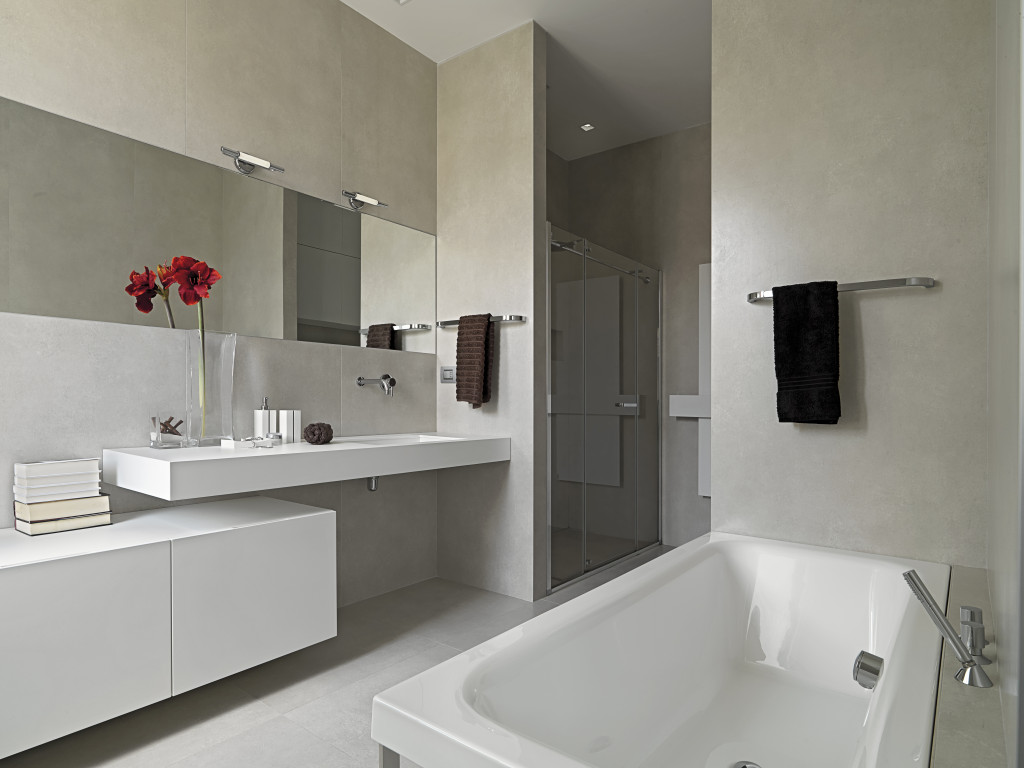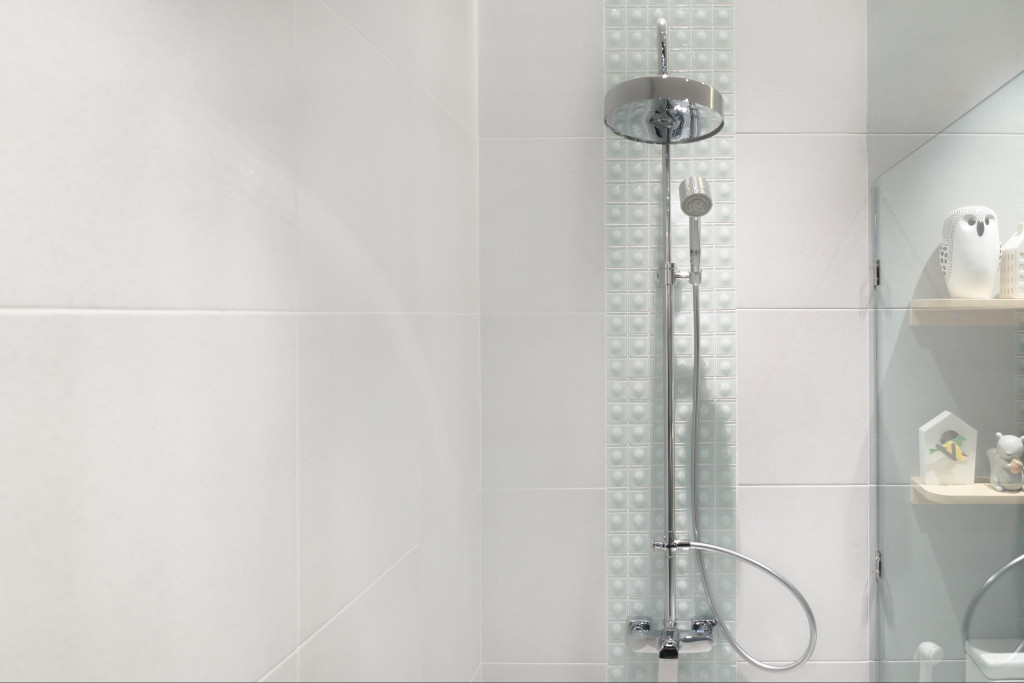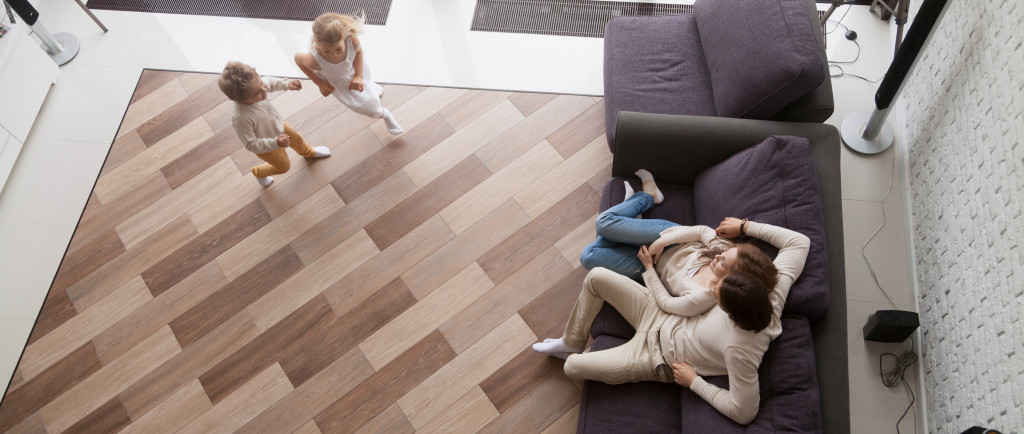Have you noticed stubborn, chalky streaks on your glass partition or white stains in the crevices of your showerhead? These aren’t just annoying to look at, they become more difficult to get rid of as time passes.
These hardened, white stains are likely to stay even after cleaning your whole bathroom. Why is that? If it’s not for the lack of cleaning, why are these so stubborn to get rid of? These are called hard water deposits and as it turns out it’s the water itself that’s causing them.
Over time, these deposits build up as more water is left on any surface of your bathroom. If ignored for too long, this can make an unsightly vision. To add, removing them would be a pain. If you are not familiar with the cleaning process, you might even damage or scratch the surface. Before you decide to contact your local window and glass installation service provider, here are some things you should know about these chalk-like deposits:
What Are Hard Water Deposits?
Hard water deposits are the white, ashy stains that can be found on the corners of your sink, shower glass partition, and anywhere else in your home with a source of water. One of the characteristics of hard water is that its calcium and magnesium levels are higher in hard water than in soft water. The calcium and magnesium in the water dissolve and leave a chalk deposit on surfaces, crevices, and wherever water can get to.
Most of the time homes have hard water, which explains how common these hard water deposits are. Hard water causes stiff, dingy clothes, white chalky residue on dishes and glassware, poor fabric softener and detergent effectiveness, high energy costs, and scale build-up in sinks, tubs, and other appliances, according to the Water Quality Association.
Are They Bad for the Health?
Drinking straight from the tap is a common practice. But knowing that hard water has calcium and magnesium content, isn’t this dangerous? These mineral deposits are unattractive to look at, yes, but it’s not damaging to a person’s health. In fact, the World Health Organization claims that drinking water can help a person get enough magnesium and calcium, which are two important elements for the body. However, it can destroy household equipment, increase the cost of heating water, reduce the performance of water heaters, and even clog pipes.

What Happens if You Don’t Do Anything About Them?
Obviously, there’d be a build-up of water deposits. This isn’t a very pleasant sight, especially when looks like it’s scaling. These mineral deposits aren’t just found in your bathroom, but in your kitchen too. Apparently, its appearance isn’t limited to residential spaces, but industrial and commercial as well. So, what does happen if you leave hard water deposits be? The tendency is that as time passes and these stains are left alone, they become increasingly difficult to remove.
How Do You Prevent Hard Water Deposits?
Needless to say, the bathroom is one of the most water-prone areas. This makes it vulnerable to hard water deposits, other than your kitchen sink and appliances. If you’ve noticed how your faucet or showerhead has lost its luster, it’s the chalky residue to blame. Clearing your glass partition, sink, and showerhead of these deposits shouldn’t be too hard especially when done regularly.
The answer to your problem is sitting in your kitchen. All you need to do is make a solution of equal parts vinegar and water, or apply vinegar alone to these problem areas to eliminate the residue. Allow for at least 15 minutes of resting time. After that, wipe away the residue with a sponge, brush, or cloth. If not all, most of the build-up will easily be wiped away.
For more stubborn mineral deposits, use sandpaper. Sanding will help deal with these rough areas better than leaving a solution.
Dealing with hard water deposits is a daily common thing, so don’t fret. It’s not for the lack of cleaning, it’s just the mineral content found in your water supply. Even then, the chalky build-up on your shower head, faucet, glass, isn’t very nice to look at it. Certain cleaning habits and routines should be done to prevent this.
To prevent having to deal with stubborn stains, make the habit of wiping down after use. With a dry rag and a bit of your time, you are saving yourself from the headache of cleaning stubborn deposits in the future. You can finally say that your bathroom is squeaky clean and shiny.



